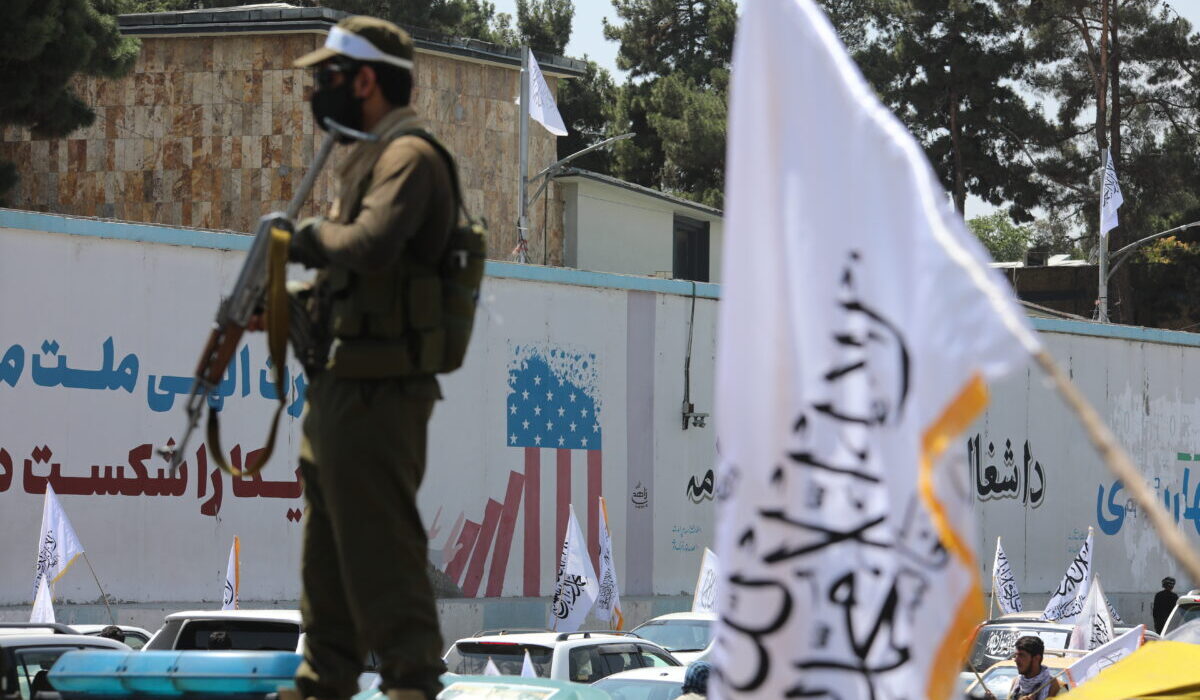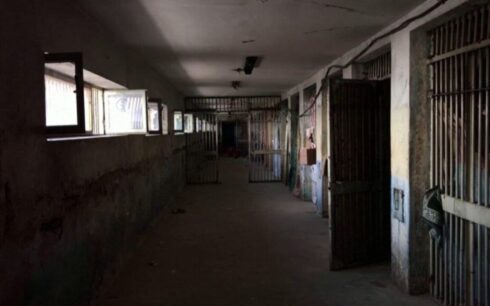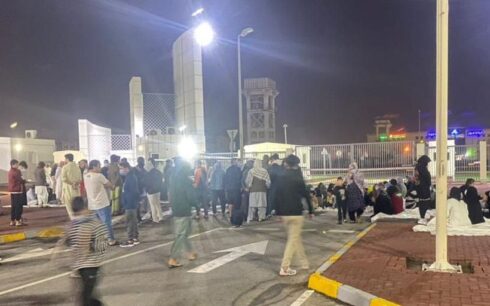KABUL, Afghanistan — Over the past month, the Taliban have publicly flogged 52 individuals, including 10 women, across 14 provinces of the country, according to statements released by the Taliban’s Supreme Court.
The individuals were accused of crimes such as extramarital relationships, theft, fraud, and sodomy, with the punishments carried out in full view of local residents.
These actions have drawn sharp criticism from human rights advocates and Afghan citizens, who are urging the international community to take action against the resurgence of corporal punishment in the country.
Despite widespread international criticism and calls from human rights organizations to end public corporal punishment, the Taliban have ramped up such practices under the rulings of their Supreme Court.
An investigation by Amu, based on statements from the Taliban’s judiciary, reveals that the Taliban have conducted public floggings in provinces including Kabul, Parwan, Balkh, Maidan Wardak, Paktia, Paktika, Khost, Kapisa, Kunduz, Faryab, Badakhshan, Samangan, Ghazni, and Ghor. The highest number of cases occurred in Khost, which has seen 38 recorded instances of flogging over the past two months.
From November 22 to December 21, 2023, the Taliban reportedly subjected the accused to public lashings for crimes labeled as “moral corruption,” extramarital affairs, theft, fraud, and same-sex relations. Last month alone, an additional 123 individuals were flogged under similar accusations.
Human rights advocates, alongside global organizations, have strongly condemned the Taliban’s escalating use of public punishment. Mina Rafiq, a human rights activist, called on the United Nations and the international community to intervene.
“These acts of flogging and stoning are on the rise, and they violate basic human rights,” Ms. Rafiq said in a statement. “If the international community does not act, Afghanistan will become a hub of terror, jeopardizing global security.”
Some Afghan citizens echoed these concerns, highlighting the lack of due process under the Taliban’s judiciary.
“The floggings, especially of women, are deeply troubling,” said Marwa, a Kabul resident. “These punishments are carried out without legal representation or proper trials. The international community must step in to stop such unlawful and inhumane practices.”
The United Nations and Amnesty International have both expressed concern over the absence of fair judicial proceedings under the Taliban and have called for an immediate halt to what they describe as “cruel and inhuman” punishments.
In response, the Taliban have defended their actions as being in line with Islamic law. However, critics argue that the lack of access to a fair judicial system, coupled with public executions and floggings, constitutes a serious violation of human rights.





